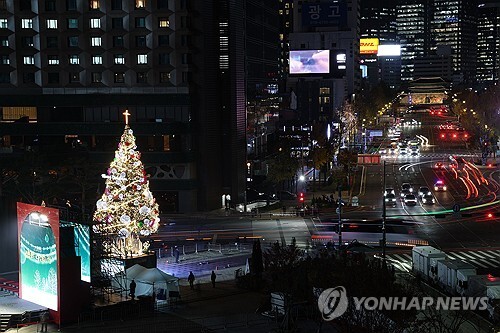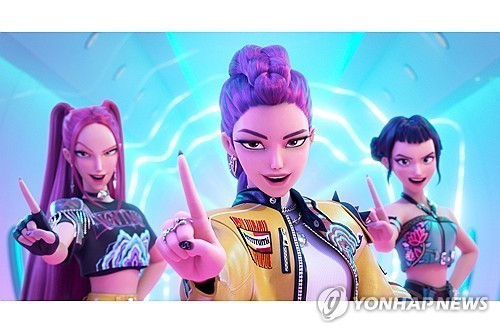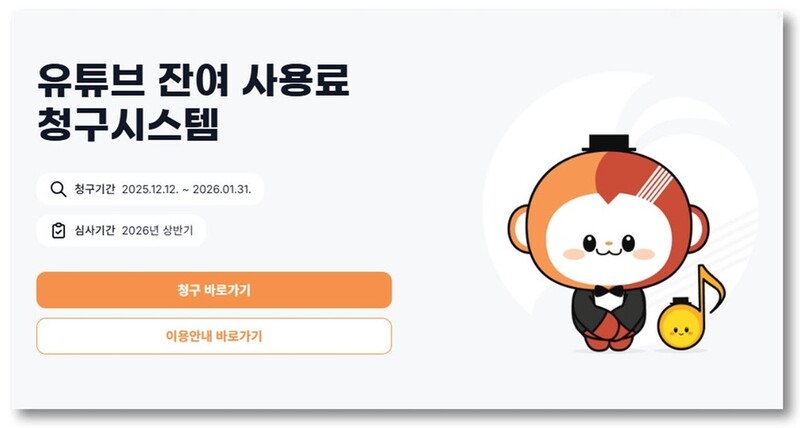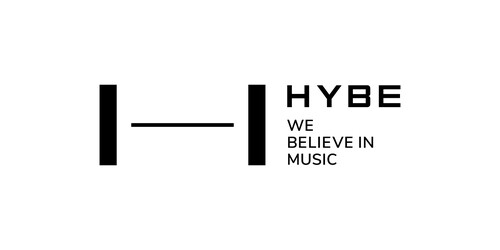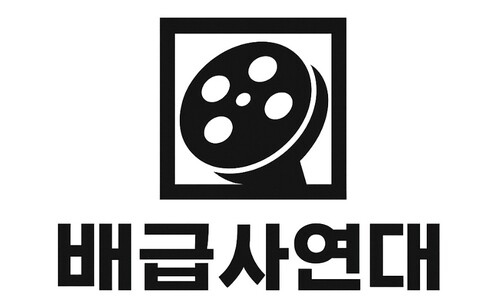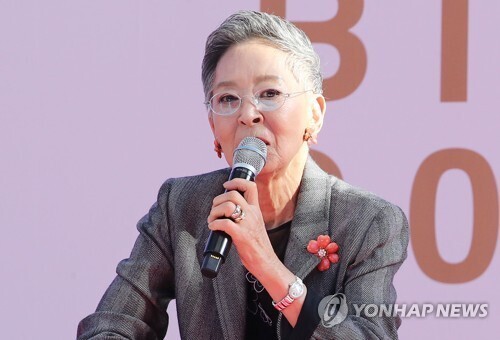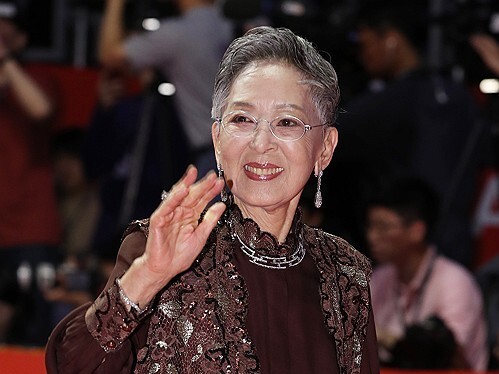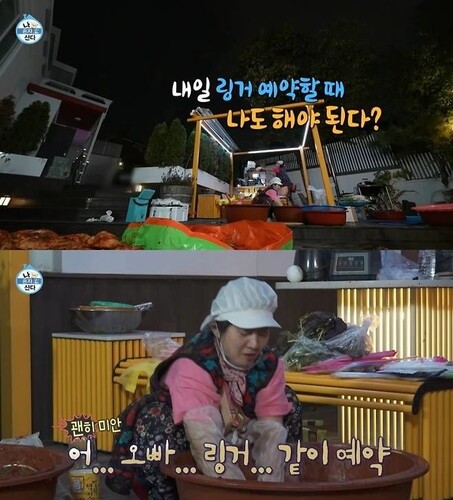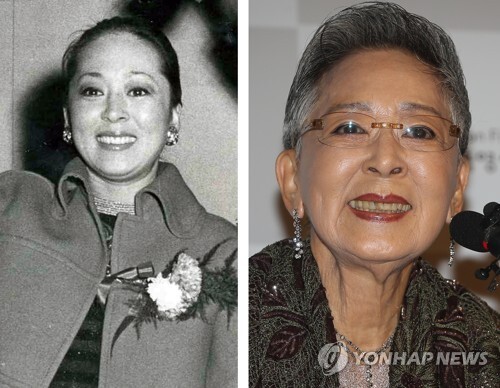dailies-editorials (2)
(EDITORIAL from Korea Times on April 14)
Shame on Yoon
Ex-president must refrain from political activities and let democracy heal
The Constitutional Court made history on April 4 by removing President Yoon Suk Yeol from office — a decisive and unprecedented moment that affirmed a core democratic truth: no one is above the law, not even the president. The ruling was a constitutional triumph, a product of South Korea's hard-won democratic evolution. Yet in the days since, Yoon's response has fallen dangerously short of the humility and responsibility this moment demands.
Rather than accepting the court's ruling with grace, Yoon has acted as though nothing has changed. He recently moved out of the presidential residence and returned to his private home in southern Seoul. But this symbolic retreat into private life has not meant an exit from the political stage. On the contrary, Yoon immediately resumed political activities, met with lawmakers from the People Power Party (PPP) and made public appearances invoking the slogan, "Make Korea Great Again."
This phrase — brazenly modeled after U.S. President Donald Trump's divisive rhetoric — represents a disturbing turn for Korean politics. "Make Korea Great Again" is not a call for unity or progress. It is a loaded slogan rooted in nostalgia, exclusion and grievance. Rather than focusing on inclusive reform or future-oriented policy, it harks back to an imagined golden age, glossing over the very democratic abuses and unaccountable leadership that led to Yoon's removal. At a time when Korea needs healing and reflection, this kind of political messaging only fans the flames of polarization.
More troubling still is the response from Yoon's most ardent supporters. Some conservatives have sought to justify the former administration's alleged consideration of martial law in response to mass protests. Such rhetoric is not just reckless — it is dangerous. Korea's transition from military dictatorship to democracy was hard-earned. Defending the idea of martial law in the face of public dissent is an insult to decades of struggle and progress. It runs directly counter to the democratic spirit that the Constitutional Court rightly upheld.
Yoon now faces serious legal scrutiny, including potential charges related to abuse of power and even insurrection-related offenses. If he truly respects the Constitution he once swore to uphold, he must fully cooperate with investigators and the courts. His duty is no longer to lead, but to preserve dignity and public trust by demonstrating respect for the rule of law.
This moment is also a litmus test for the People Power Party. Its overreliance on personality-driven politics must end. Clinging to a deposed leader as a political figurehead is neither sustainable nor responsible. With a presidential election on the horizon, the conservative bloc must present a vision that goes beyond populist slogans and performative outrage. The party's presidential hopefuls must prioritize sound policy, institutional reform and a commitment to democratic norms if they hope to regain public trust.
The Democratic Party of Korea, which currently holds the majority in the National Assembly, should also proceed with caution. Yoon's impeachment was not a partisan victory — it was a constitutional necessity. The party led by robust presidential aspirant Rep. Lee Jae-myung must act with humility and inclusivity, recognizing that public frustration extends beyond one administration. Political gridlock, unresponsive leadership and deep-seated partisanship have long plagued Korean democracy. This is a chance to break that cycle — not deepen it.
Externally, the nation faces rising geopolitical tensions: North Korea's provocations continue, regional diplomacy remains complex and the intensifying tariff war ignited by Donald Trump signals a reemergence of protectionist U.S. trade policies. Amid such uncertainty, the nation cannot afford to be consumed by domestic instability or political theatrics.
The Constitutional Court has done its duty. Now, it is up to political leaders — especially Yoon — to respect that judgment. Stepping back from political life, cooperating with legal processes and encouraging his supporters to do the same would be a meaningful step toward national healing.
What Korea needs now is not a revival of authoritarian nostalgia or populist slogans, but a recommitment to democratic principles, civic accountability and unity. Only then can the nation truly move forward. And the presidential election set for June 3 will be one of the most critical watershed moments in Korea's modern history.
(END)
(C) Yonhap News Agency. All Rights Reserved







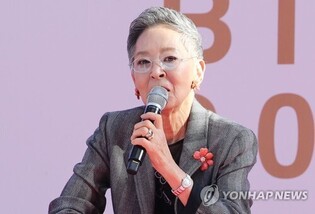
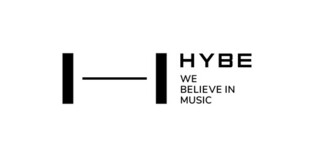

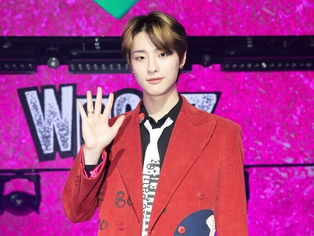

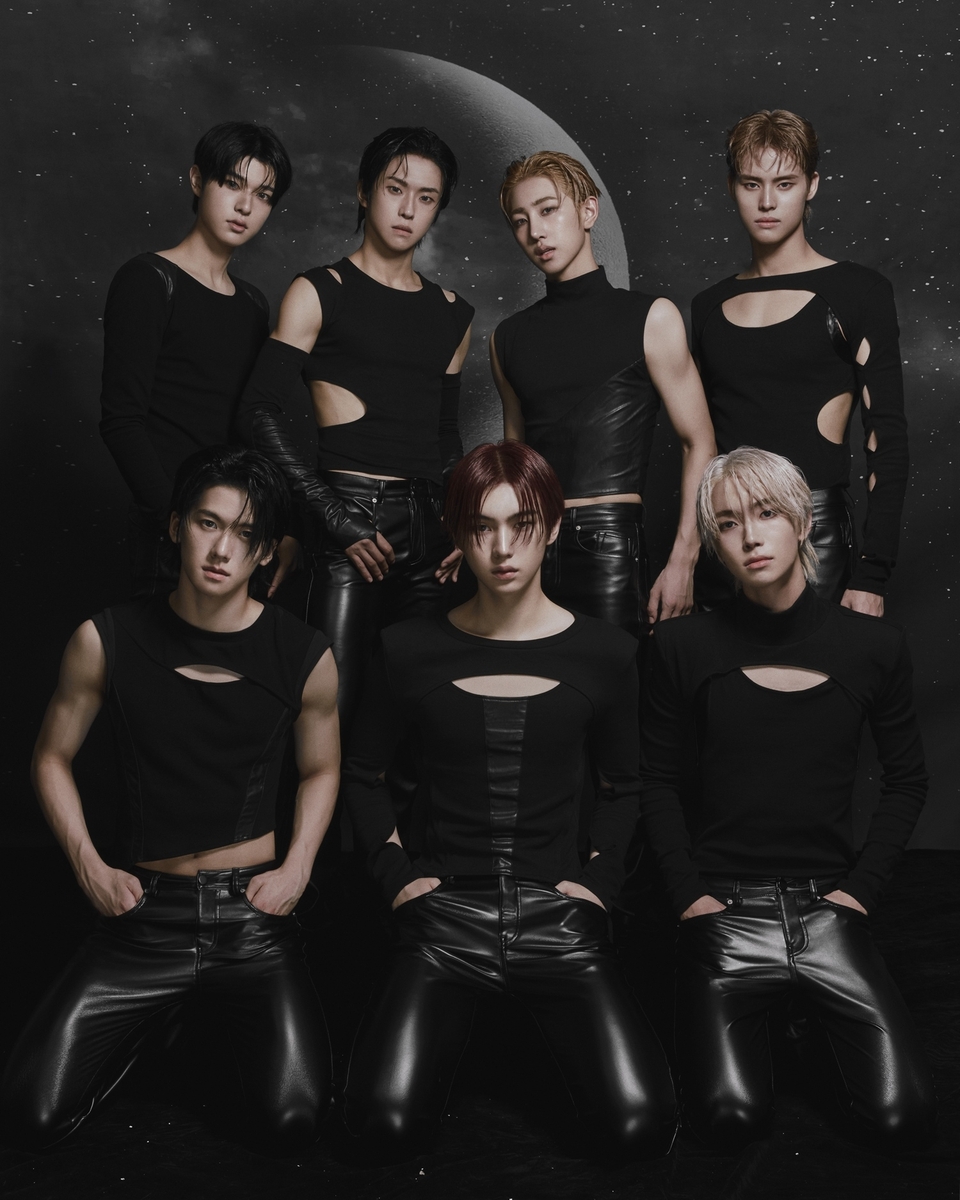
![[가요소식] 지코, 요아소비 이쿠라와 신곡 '듀엣' 발매](https://korean-vibe.com/news/data/20251212/yna1065624915953509_920_thum.jpg)
